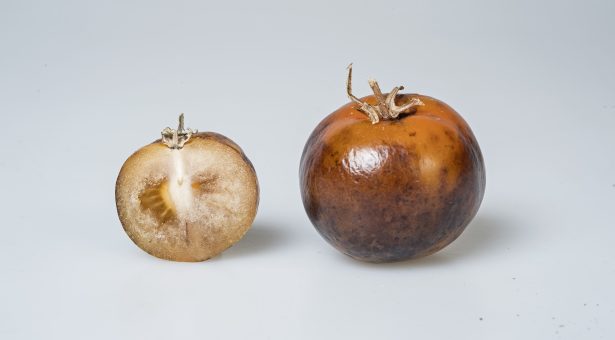
Taking a particular type of medication to treat enlarged prostate is associated with a reduced risk of developing Parkinson’s disease, according to a large observational study led by researchers at the University of Iowa, with colleagues in Denmark and China.
The findings, published Feb. 1 in JAMA Neurology, provide compelling evidence that terazosin, and similar medications, might have the potential to prevent or delay the development of Parkinson’s disease.
The new study used data on almost 300,000 older men from two large, independent patient datasets — the Truven Health Analytics MarketScan database in the Uni...
Read More








Recent Comments